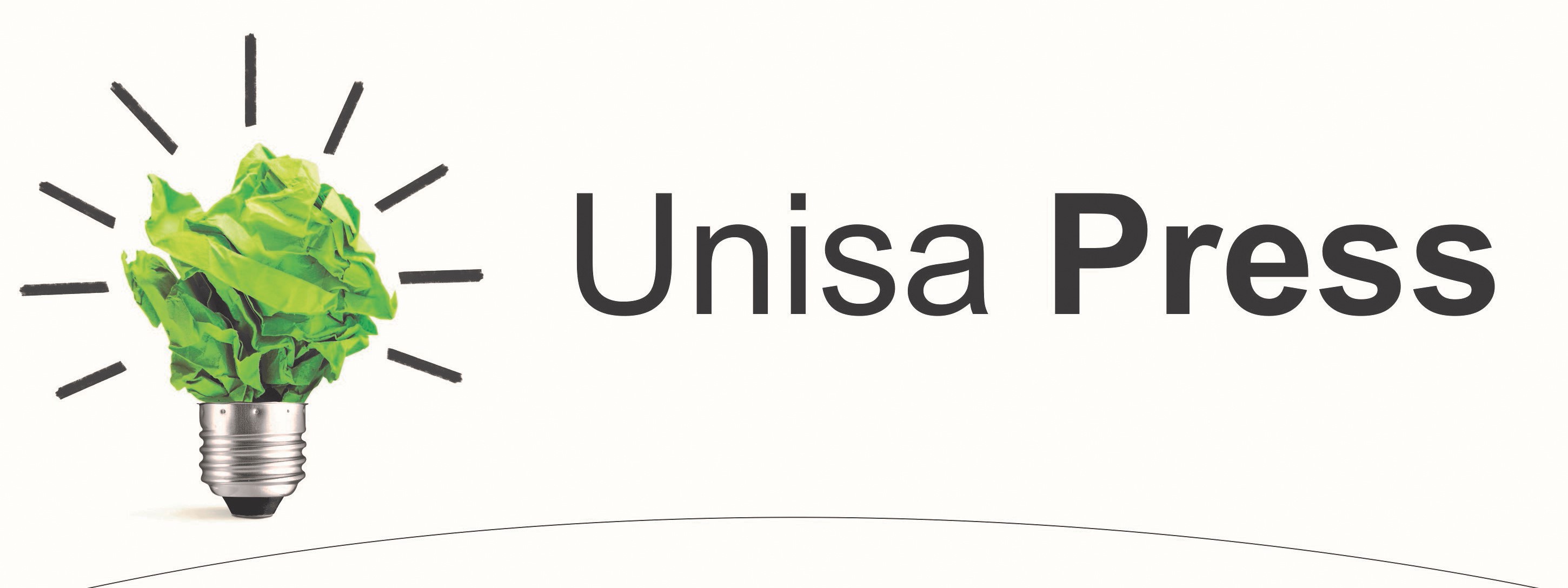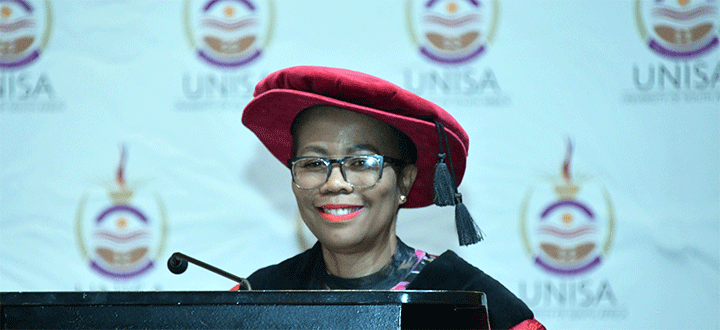Unisa Press
The role of publishers in developing future editors of academic and scholarly journals

Leadership Insights
The profitability and success of the publisher – whether open-access university publishers, such as the University College of London Publishers (UCL Press), or commercial publishers such as Thomson Reuters, or scholarly and academic university publishers such as UNISA Press – depend on the commissioning editor’s knack for selecting profitable and sought-after content. The editor plays an integral role in a publishing house and it is for this reason that publishers are the ideal partners to develop inexperienced and future editors, as a contribution to the field.
An Academic and Scholarly Editor’s role can be compared to that of an orchestra conductor pulling together many aspects of the orchestra to create a beautiful symphony. Similarly, a journal editor integrates pieces of information into well-flowing, insightful academic content by applying extensive knowledge of the discipline or subject matter of the journal. The editor is the adhesive to the two main contributing sources that sustain the journal (the authors and the reviewers), attracting the best within a specific field from both sources. In reality, of course, it is more functional and academic than the poetic portrayal of an orchestra; the editor plays a critical role in a publishing house to ensure the publishing of quality academic and scholarly content. The more experienced the orchestra conductor, the more impressive the symphony sounds. Equally so, the more experienced the editor, the more attractive the journal becomes to both authors and readers.
The role of the publisher is therefore to provide an environment for editors to exhibit their technical skills as well as their social flair – to create a journal that will attract the best- performing authors and attain a status of preference in becoming the academic and scholarly journal of choice for all stakeholders. Publishers should contribute to developing excellence in future editors of academic and scholarly journals by providing guidelines in the following critical areas.
- Editorial policy
The publisher sets the tone in terms of editorial policy and selects focus areas for the journal, its themes and scope. These editorial policies will, for example, be in line with the national empowerment policies and national social agenda to transform and decolonialise content. For university-run publishers, this is arguably easier to accomplish given that the journal’s strategic publishing agenda can be based in the specialist faculties of the particular university.
- Transformation
Transformation and decolonisation should be at the core of the subject matter of any journal and do not relate to specific discourses only. Observance of these critical contemporary concepts may put in motion an agenda for developing talent through succession planning in journals’ editorships. Therefore, it serves as a proverbial catalyst for skills transfer and career development.
- Identifying talent
To develop academic and scholarly editors for journals, the publisher should identify and select editors from within the editor’s field of study, and then mould and nurture the editors for excellence and delivery within the management of a journal. Inexperienced editors should be supported and should be allowed to make “affordable mistakes” at various levels of this process. The publisher should first and foremost provide easy access to relevant online systems and digital publishing platforms.
- Providing a functional ecosystem
This can be achieved by providing technological systems and creating a healthy publishing environment for editors to flourish in. For instance, recent popular developments in digital journal publishing provide for easy-access, functional online platforms and form a critical part of the publisher’s main supporting pillars for the editorial team. This should help ensure the success of the journal. These platforms make publishing in a journal achievable for all stakeholders in the publishing process. Similarly, publishers should imbue a culture of continuous learning and engagement by using a variety of modalities; these can be in the form of annual conferences where information on best practices may be shared, or frequent webinars that offer all stakeholders of interest valuable opportunities to enhance their skills.
Ultimately the roles of the publishers and the journal editors are mutually supportive in the objective to publish academic and scholarly work of the highest quality. Therefore, it will benefit both units to create an environment in which each can thrive.
by Dr Meiya G Nthoesane (DBL)
Director: Unisa Press
Research, Postgraduate Studies,
Innovation and Commercialisation
Publish date: 2021-02-26 00:00:00.0


 President Ramaphosa appoints Unisan to the CRL Rights Commission
President Ramaphosa appoints Unisan to the CRL Rights Commission
 Unisa VC appointed for second term, looks back on the 2024 academic year
Unisa VC appointed for second term, looks back on the 2024 academic year
 From passion to profession: Sonto Mthwane's journey in tourism management
From passion to profession: Sonto Mthwane's journey in tourism management
 Uniting for open knowledge
Uniting for open knowledge
 Unisa to partner with Government to tackle water, energy and infrastructure challenges
Unisa to partner with Government to tackle water, energy and infrastructure challenges